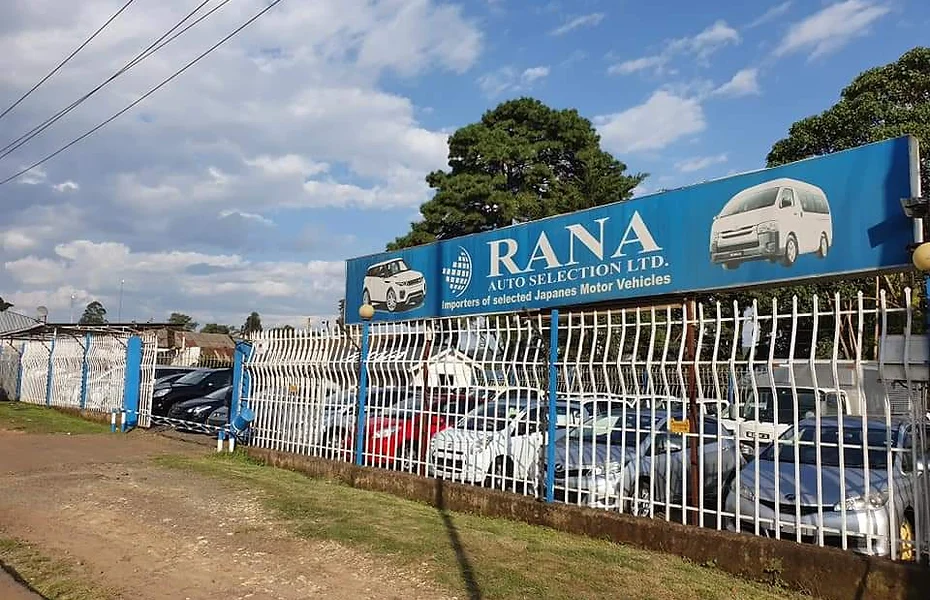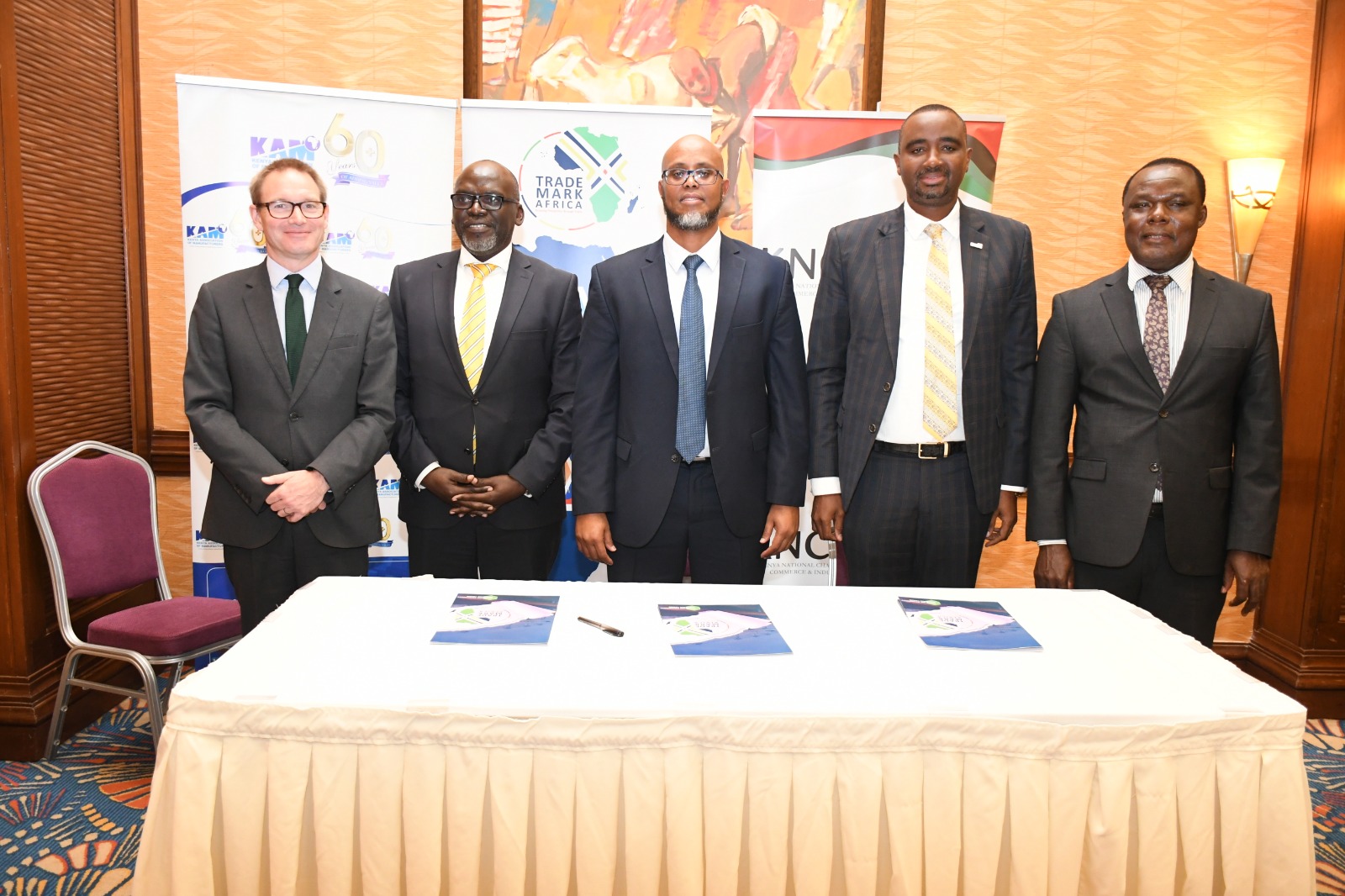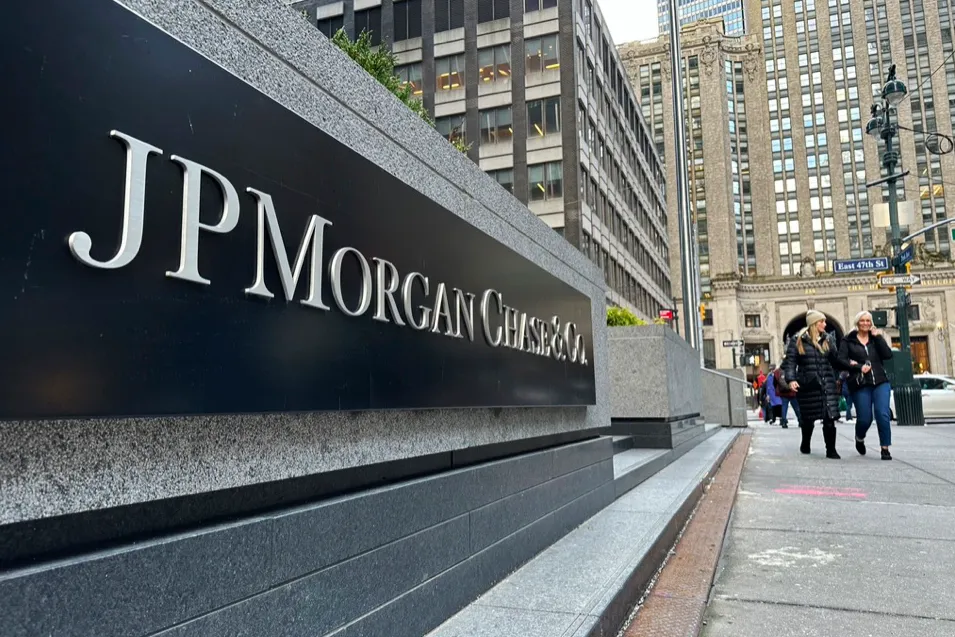There have been claims coming from several clients with business dealings at the Kisumu-based Rana Motors. One such disgruntled client, Samuel Nyamosi, took Rana Motors to court after his vehicle was fraudulently repossessed and sold for a paltry Shs. 500,000, which was not the correct value of the vehicle.
Nyamosi, a retired teacher, purchased a 12-seater passenger vehicle from Rana Auto Selection Ltd. through a written agreement dated September 3, 2009. It was a term of the contract that the purchase price was Kenya Shillings Ksh. 1,500,000 and that after making a down payment of Ksh. 700,000, the balance of Ksh. 800,000 would be paid in monthly instalments of Ksh. 65,000, for 13 months.
However, for some reason, Nyamosi failed to keep up with the instalments, and the vehicle was repossessed by Rana on May 5, 2011, way outside the 13 months of reckoning. At trial, Nyamosi conceded that he did not conclude the payment within the stipulated period of 13 months and those certain monthly payments made fell short of the agreed instalment of Kshs 65,000.
It was, however, in the case of Nyamosi that the repossession was unlawful and without any repossession order, notice, or justifiable cause, and he sued Rana Motors. After holding the repossession to be unlawful, the learned judge ordered Rana to refund the purchase price of Ksh. 1,108,000 to Nyamosi.
Rana, however, appealed against the orders to refund the money arguing that there was no basis for making the order as it did not take into account that, at the time the subject matter was repossessed, Nyamosi had enjoyed its use for about two (2) years.
In a ruling dated September 22, 2023, by Judge F. Tuiyott, the judge noted that “it is my understanding that by seeking an order for a refund of the purchase price, Nyamosi was asking the court to grant him a relief that would place him in, as much as possible, the same place as he would have been if a breach had not occurred”.
The judge further noted that the breach by Rana caused Nyamosi to lose the vehicle that was repossessed and sold, as well as the matatu business. The ruling reads in part “In the end, I would propose that the appeal be partially allowed by setting aside the decision of the learned judge ordering the appellant to refund a sum of Ksh. 1,108,000 to the respondent and substituting it with an order that the appellant do pay to the respondent a sum of Ksh. 500,000.”.





